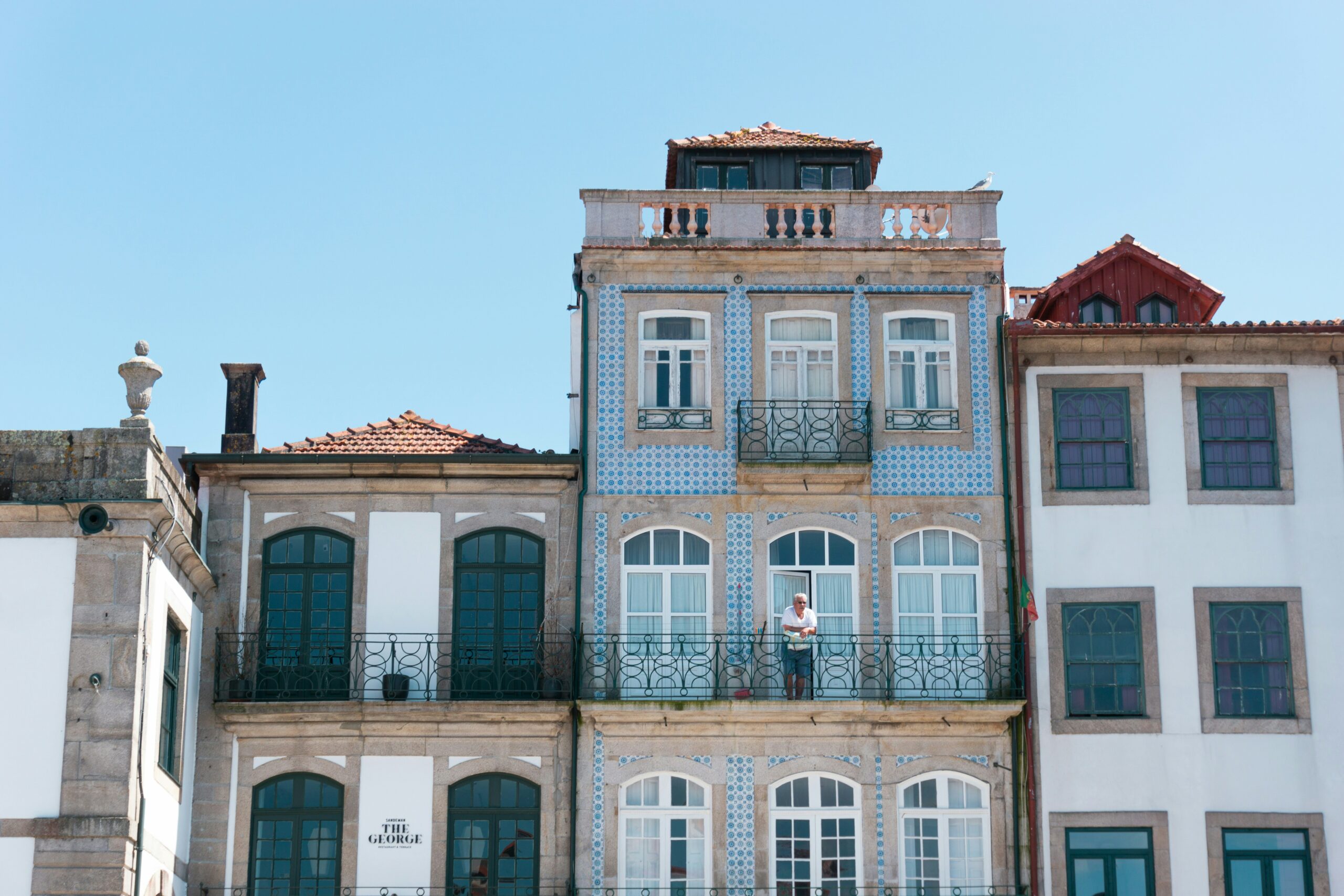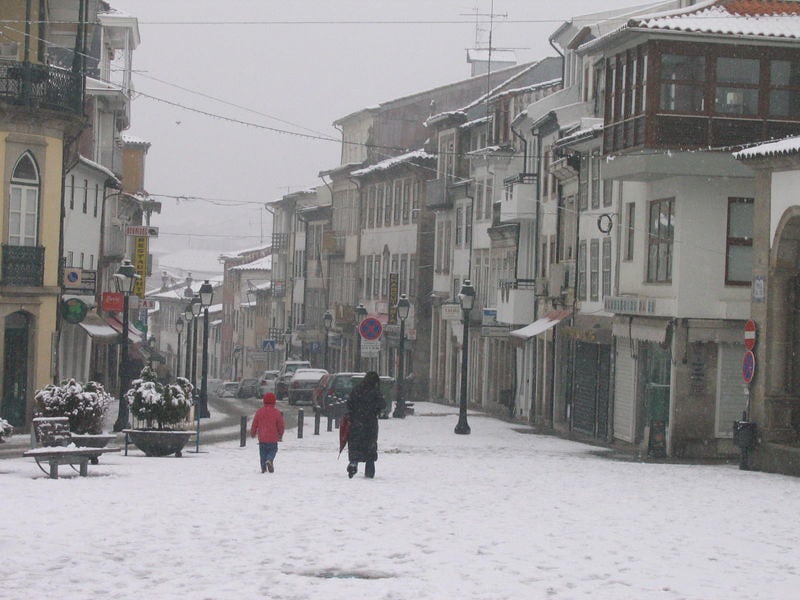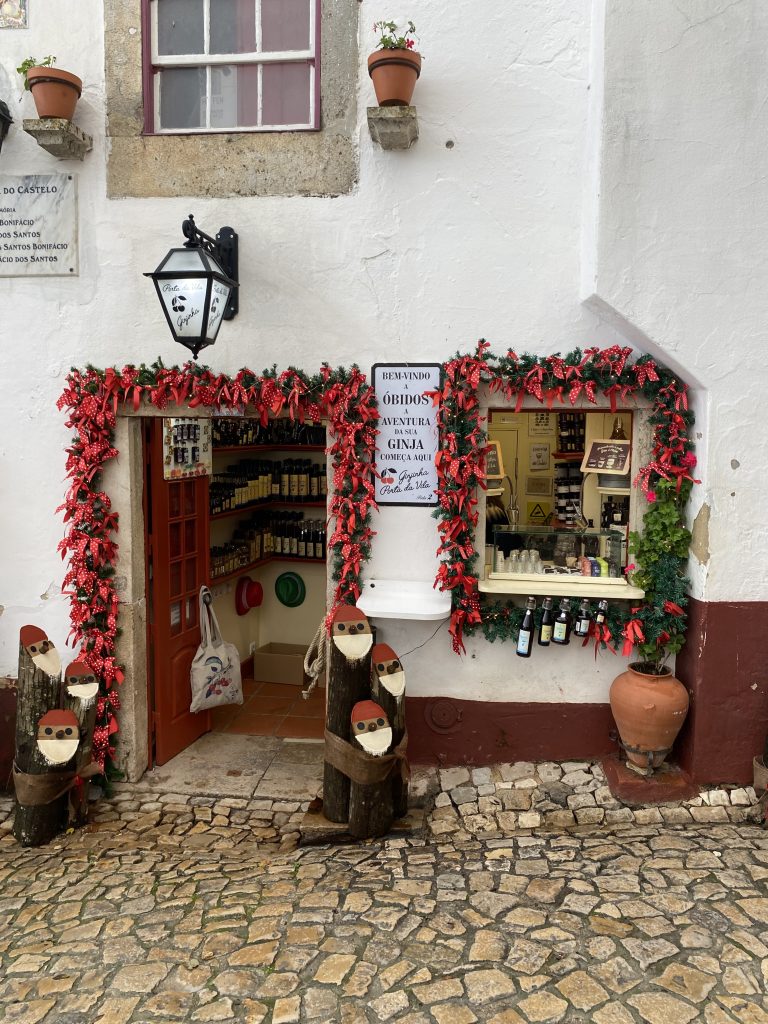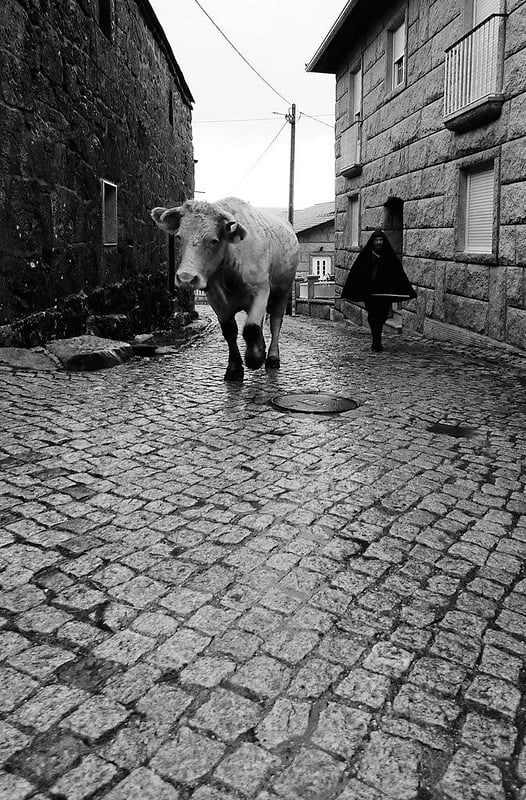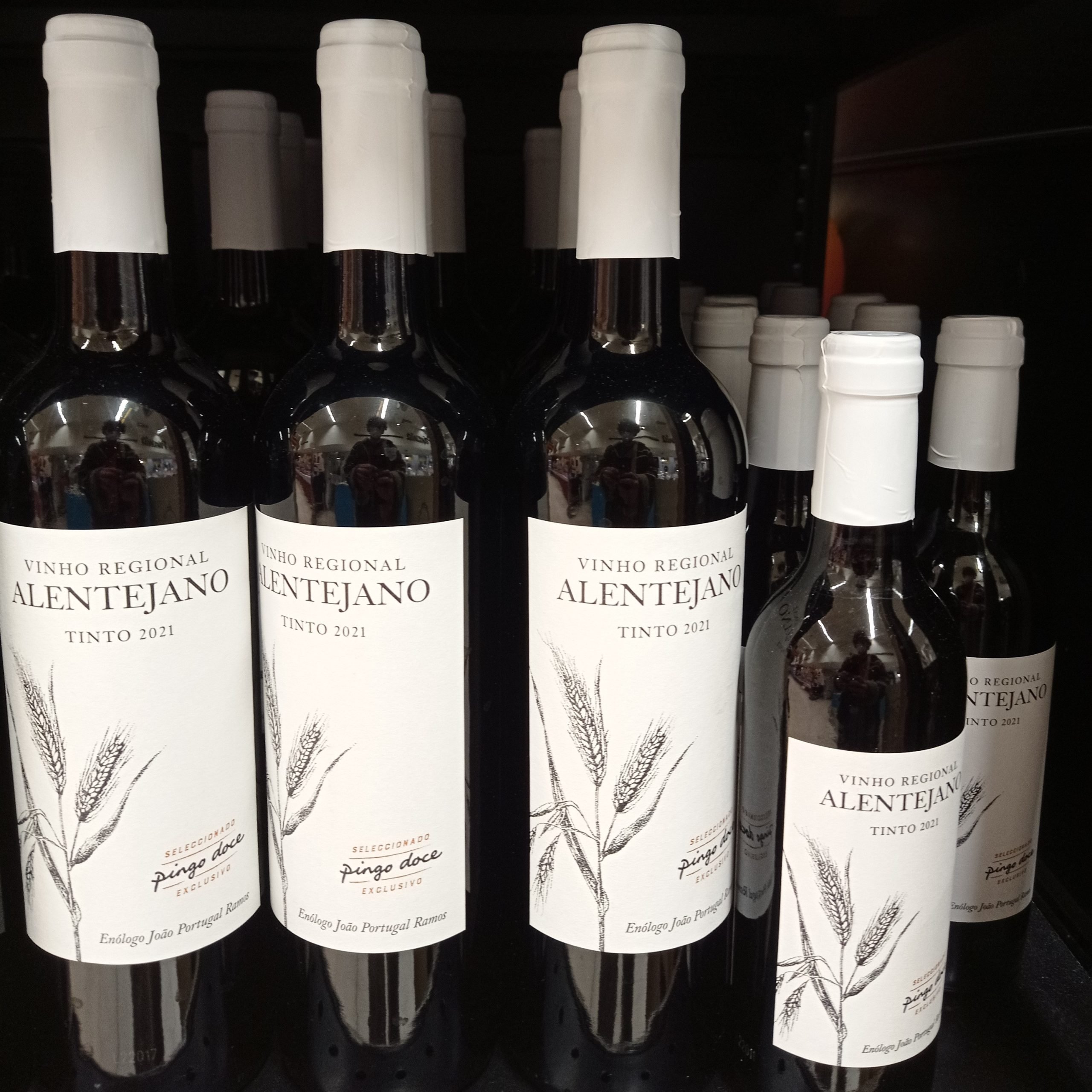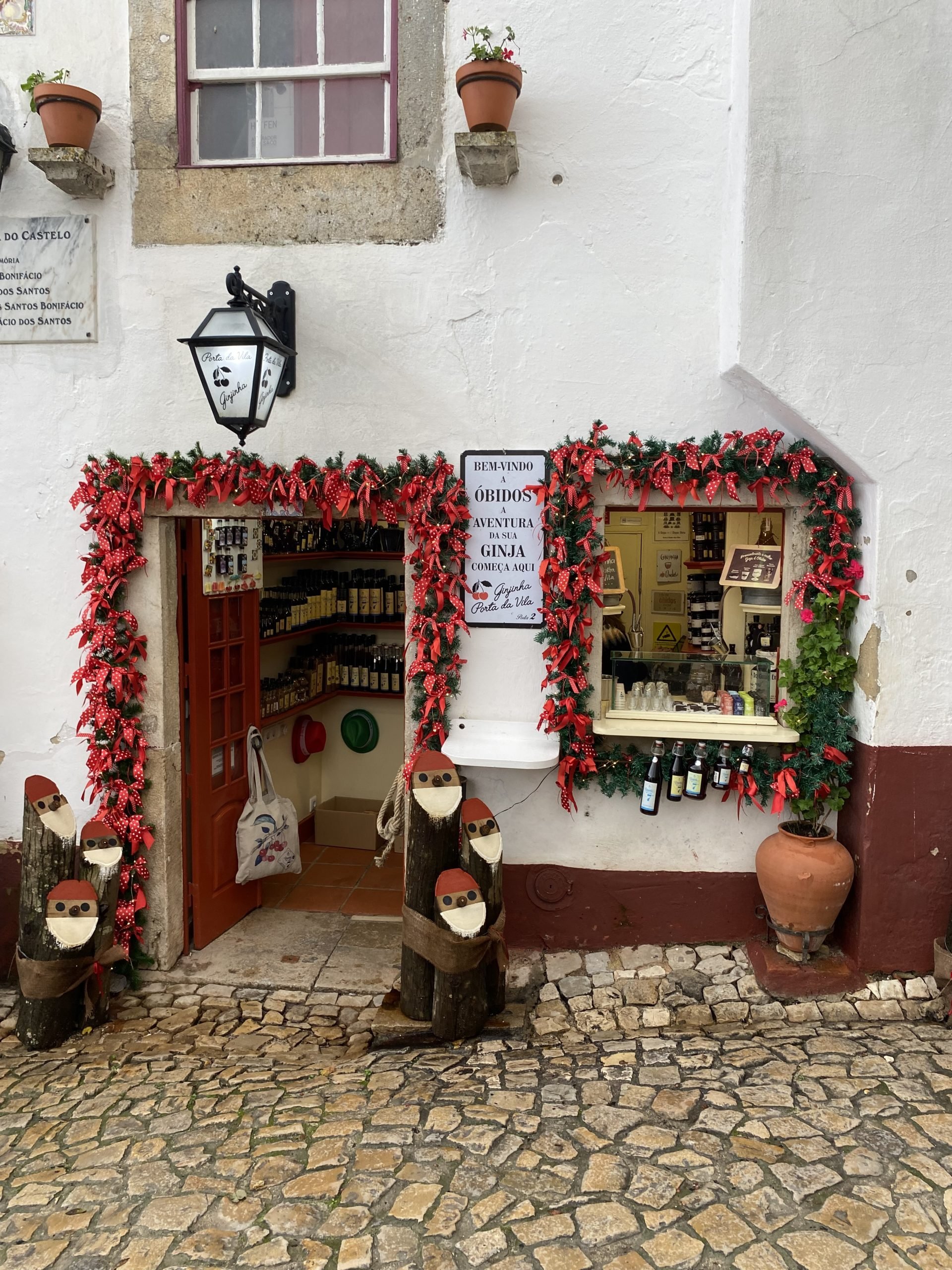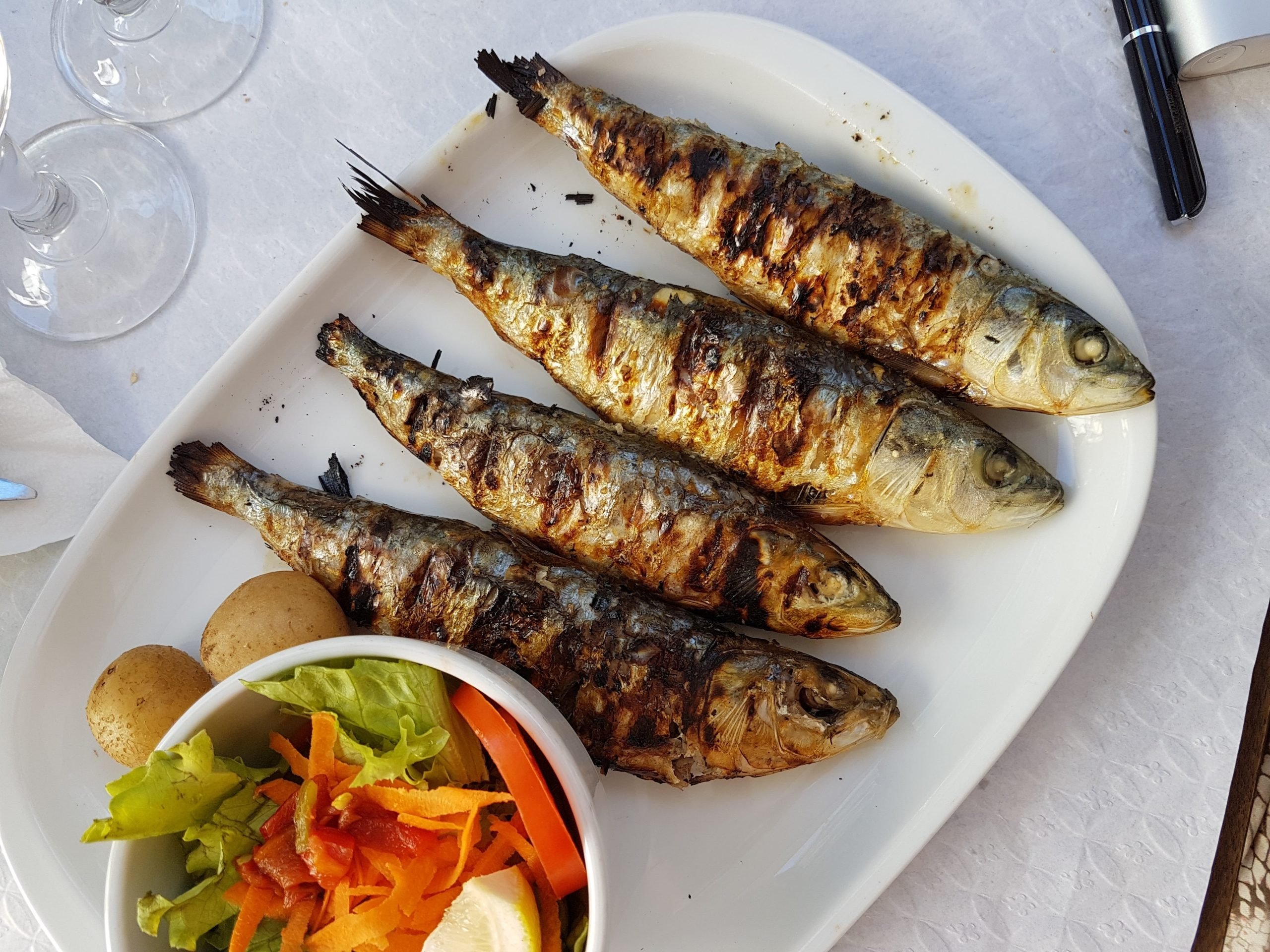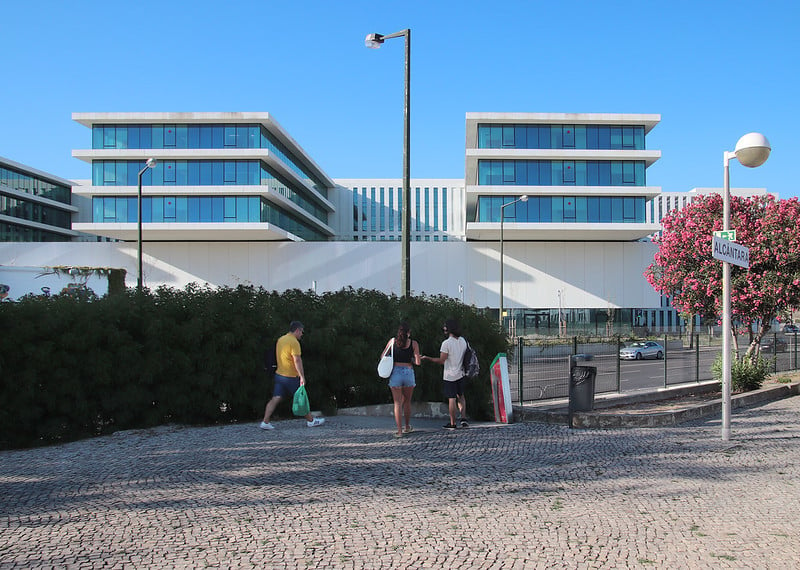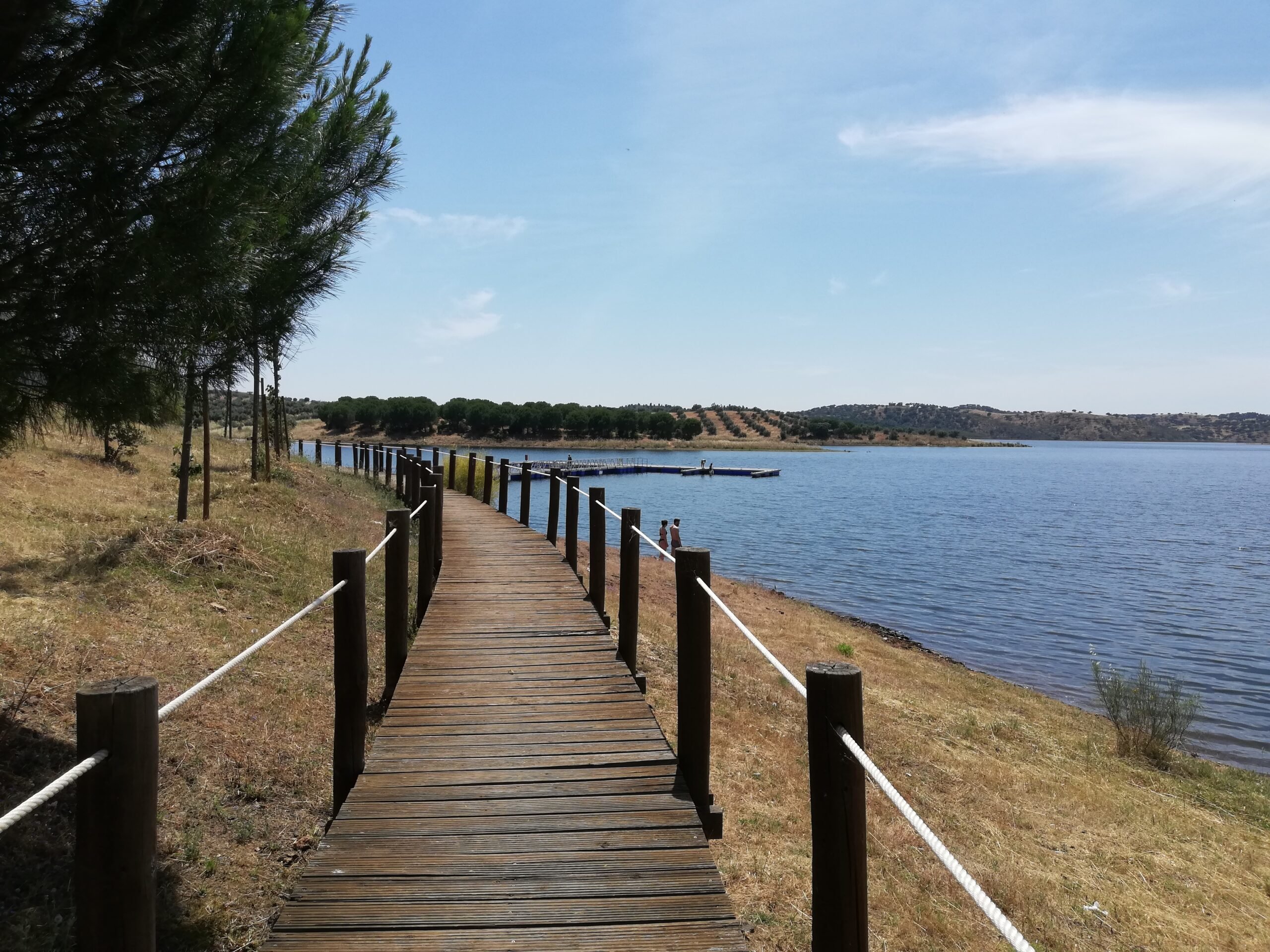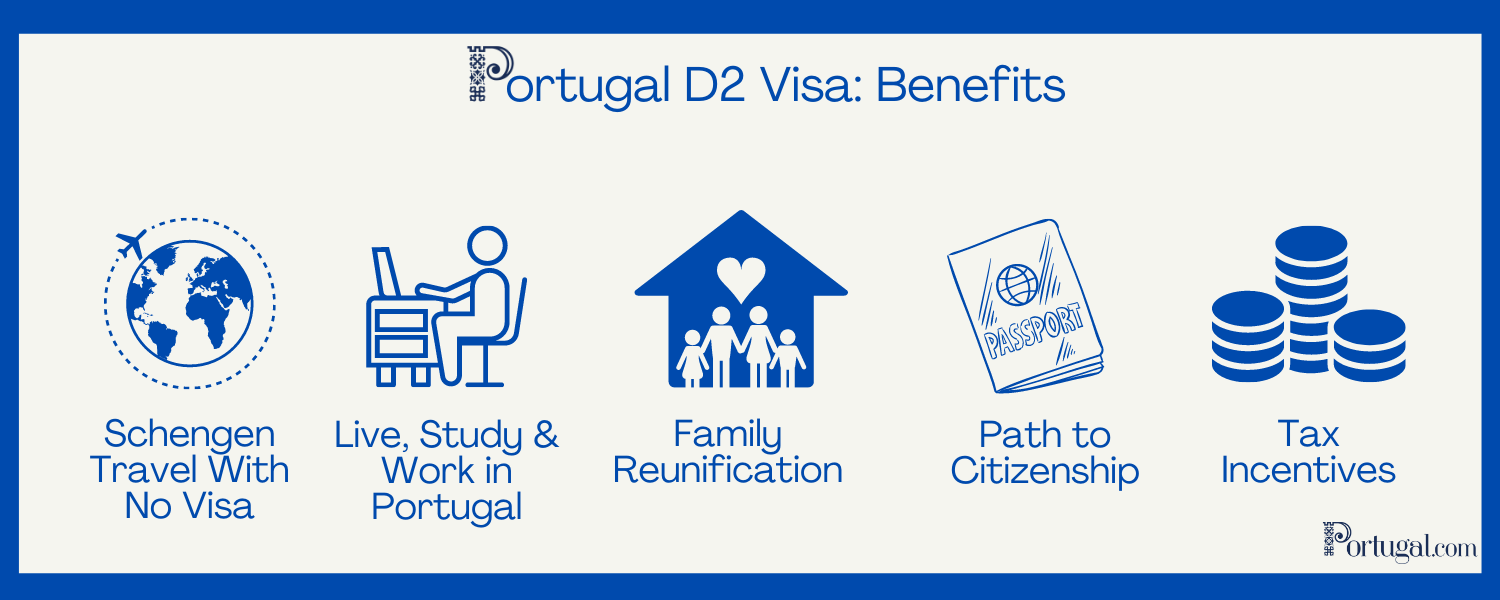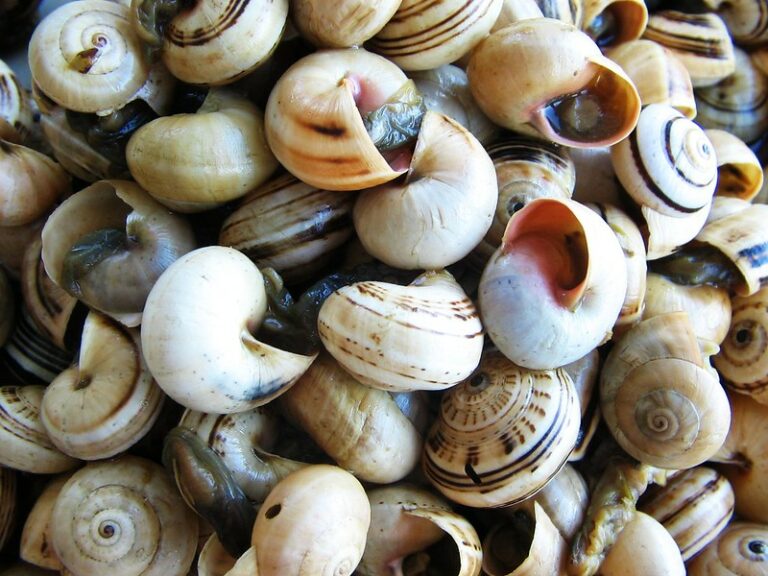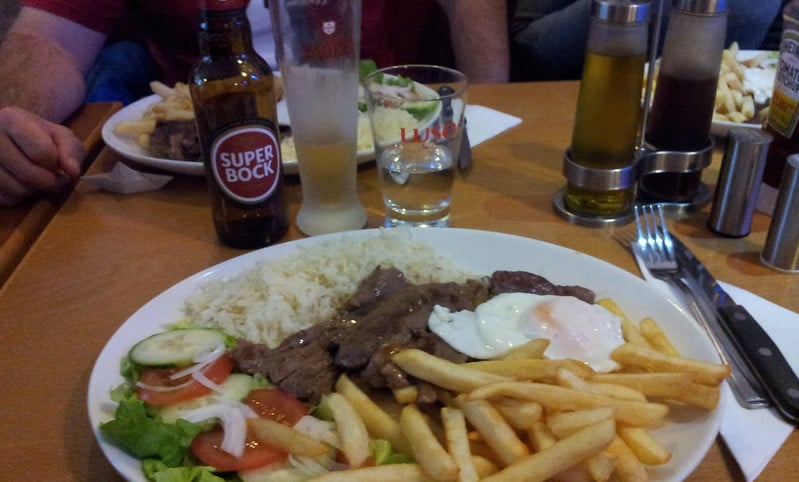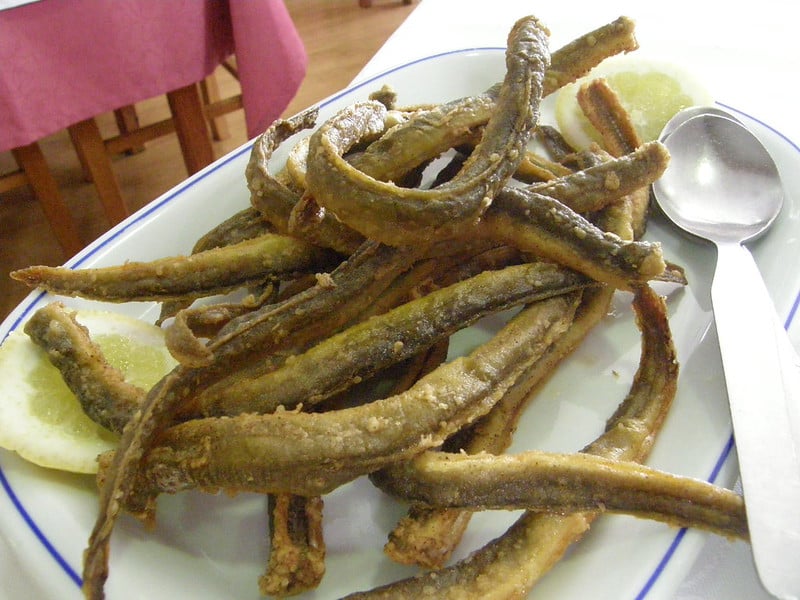1. In Fátima, a Call to Silence the “Weapons That Generate Death”
In Fátima, during the final ceremonies of the last international anniversary pilgrimage of the year, Cardinal Leonardo Steiner urged for the silencing of “weapons that generate death”. He called on leaders to follow “the paths of fraternity and peace,” emphasizing the need for intervention from Our Lady to “convert and transform the hearts of those who feed hatred, revenge, destruction, and death.” The cardinal recalled the assurance from the sixth apparition on October 13, 1917, during World War I, stating, “The war will end, and the soldiers will soon return home.”
Addressing thousands of pilgrims, he implored for the integration of the poor and the welcoming of migrants, urging respect for the indigenous culture and lands in Brazil. Cardinal Steiner also mentioned the critical role of women in the Amazonian Church and raised the possibility of reintroducing the female diaconate. Moreover, as stated, he expressed concerns about injustices and called for peace, stating, “Come to our aid in these times oppressed by injustice and devastated by wars.” This pilgrimage recorded the participation of 181 organized groups from 31 countries, with an estimated 180,000 pilgrims attending the ceremonies.
Read more from our source here.
2. More Than 100 Countries Stand With UN Secretary-General After Israel Considers Him ‘Persona Non Grata’
More than 100 countries, including Portugal, expressed support for UN Secretary-General António Guterres after Israel declared him ‘persona non grata’ for condemning Iran’s attacks. This letter highlights the significance of Guterres’s role in promoting peace and dialogue amid heightened tensions. The nations emphasize that such actions undermine the UN’s capacity to mediate conflicts and delay a credible solution.
Countries reaffirm confidence in Guterres’s commitment to peace, urging constructive cooperation with the UN for a sustainable solution. Portugal’s participation signifies a collective international commitment to uphold UN principles and a unified approach to stability. The statement asserts that the Secretary-General’s efforts are essential in fostering dialogue and understanding in challenging times.
Guterres’s position reflects an international consensus on a balanced approach to conflicts as relations between Israel and the UN strain following recent violence. The call for peace highlights urgency in addressing underlying issues while reinforcing the UN’s critical role as a mediator in the pursuit of a lasting resolution.
Read more from our source here.
3. University of Porto Spin-Off Creates Drone to Deliver Medicines to Developing Countries
Storming Universe, a spin-off from the University of Porto, has received $750,000 in funding to develop a drone technology aimed at delivering medications and transporting blood to remote areas in developing countries. The startup’s mission is to democratize access to healthcare by addressing significant barriers to medical care globally. This technology combines low production costs with the robustness necessary for effective medical care delivery.
CEO Anuj Regmi, a Nepalese researcher, highlights the goal of creating a financially appealing and technically reliable drone for critical situations, using Portuguese technology. In August, just eight months after its founding, the company successfully conducted a test delivery in Sindhuli, Nepal, showcasing the drone’s capabilities and opening new investment opportunities for the company.
The collaboration with the University of Beira Interior and the University of Kathmandu represents a significant step forward in utilizing innovative technology to enhance healthcare access. By focusing on urgent medical needs, Storming Universe aims to revolutionize the delivery of essential medical supplies in hard-to-reach locations, ultimately improving healthcare outcomes in underserved regions.
Read more from our source here.
4. Portuguese President of the Republic Approves Creation of the Green Rail Pass
President Marcelo Rebelo de Sousa approved the government’s bill creating the Green Rail Pass, which replaces the National Rail Pass. The pass, valid for 30 consecutive days at a price of €20, provides access to Regional, Inter-regional, and Urban rail services in Coimbra, Lisbon, and Porto, as well as sections not covered by the metropolitan intermodal pass and second-class Intercity trains. The announcement was published on the Presidency’s website.
The Green Rail Pass was approved on October 4 during an extraordinary Council of Ministers focused on climate action and energy transition. The pass aims to combat mobility poverty and encourage a shift from private to public transportation. The government also announced that this new monthly pass will come into effect on October 21, 2024.
Note that the President also promulgated a bill transposing Directive (EU) 2023/946 into national law, related to improved stability requirements for ro-ro passenger ships; and signed a bill to implement Regulation (EU) 2018/1672, which focuses on controlling the flow of cash entering or leaving the European Union, as part of the EU’s framework for preventing money laundering and terrorist financing.
Read more from our source here.
5. CCB’s Contemporary Art Museum Celebrates One Year with Four New Exhibitions and Free Admissions
To celebrate one year since opening, the MAC/CCB in Lisbon will inaugurate four new exhibitions with free admission on October 26 and 27. This museum, which replaced the former Berardo Collection Museum, will explore themes of architecture and urban experience. New exhibitions include films by Bêka & Lemoine, highlighting the creative journeys of Portuguese architect Hestnes Ferreira, and showcasing Fred Sandback’s artistic transformation of space. The celebration will feature a performance by French artist Xavier Le Roy, book launches, guided tours, and workshops for families.
“Hestnes Ferreira — Form | Matter | Light” and “Homo Urbanus: A Cinematic Odyssey” will kick off the new season, with curators focusing on Ferreira’s work process and the relationships cities create. The exhibition on Ferreira will showcase his architectural experimentation through charcoal drawing, while the films by Bêka & Lemoine will connect the specific and universal aspects of urban life.
Additionally, starting October 23, the museum will present “Stitching Space,” a look at Fred Sandback’s lesser-known contributions, including drawings and conceptual constructions. The exhibition promises minimalistic sculptures that blend drawing and construction, offering a fresh perspective on Sandback’s legacy. Simultaneously, “Intimacies on the Run: Around Nan Goldin” will explore Goldin’s intimate visual narratives. The first director of MAC/CCB emphasizes that museums should foster critical thinking and engage diverse audiences, reinforcing the museum’s role as a cultural hub.
Read more from our source here.
6. At Hospital dos Pequeninos, the Youngest Can Be Doctors For a Day
At the Little Ones’ Hospital (Hospital dos Pequeninos), children aged 3 to 10 will have the opportunity to be “doctors for a day,” helping reduce anxiety in clinical environments. The initiative, returning for its over twenty editions, will take place from November 25 to 29 for schools at the University of Lisbon and on November 30 and December 1 at the Pavilion of Knowledge (Pavilhão do Conhecimento), featuring the theme “Little Ones’ Hospital Under the Sea.” Admission is free, inviting families to participate.
Children are encouraged to bring a toy to “treat,” fostering engagement and a “desire to play.” This project, initiated by the EMSA (European Medical Students’ Association), aims to bridge the gap between healthcare professionals and young users, creating a supportive atmosphere that transforms their experience in healthcare settings.
Where? University of Lisbon and Pavilhão do Conhecimento. When? From November 25 to 29 for schools, and on November 30 and December 1 for everyone. How much? Free admission.
Read more from our source here.
7. The Numbers of the GES/BES Megatrial: 18 Defendants, 300 Crimes, and 733 Witnesses
The trial of the main BES case begins on Tuesday, involving 18 defendants, 733 witnesses, 135 assistants, and over 300 crimes. This megaprocess, which already spans 215 volumes, begins more than a decade after the collapse of the Espírito Santo Group (GES), which took place in August 2014. The main defendant is former BES president Ricardo Salgado, accused of 62 crimes, including criminal conspiracy, active corruption, document forgery, fraud, and money laundering.
This case, one of the largest in Portuguese judicial history, merged 242 inquiries and brought complaints from over 300 people. Due to the vast number of crimes, witnesses, and documents, the BES process contains eight terabytes of information. The courtroom in Lisbon will accommodate 67 defense lawyers, 16 defendants, and members of the public, with live transmissions to press rooms to handle media coverage.
The trial is presided over by Judge Helena Susano and equipped with sound systems, computers, and videoconferencing technology. The statute of limitations has already led to the expiration of some crimes, with more at risk in the coming months. According to the Public Prosecutor’s Office, the collapse of GES caused losses exceeding €11.8 billion.
Read more from our source here.
8. IRS Youth Program Offers Savings of Up to €2,700 Annually
The new IRS Youth proposal included in the 2025 State Budget will provide an annual benefit of up to €2,687 or around €2,700 in the sixth and seventh years, based on a gross monthly salary of €2,000. This amount is compared to the current regime, which lasts only five years, while the new plan will extend for ten years. The savings are most significant during the sixth and seventh years for those earning a monthly salary of €2,000.
Calculations were made for a single, childless employee, factoring in €250 for general and family expenses eligible for deduction, without considering the 11% in social contributions. The benefit under the new IRS Youth program remains greater in the sixth and seventh years regardless of the income bracket, as the current program only provides a tax exemption for five years. The new structure proposed reductions of 100% in the first year, 75% in the second to fourth years, 50% in the fifth to seventh years, and 25% in the eighth to tenth years, with a constant limit of €28,009.30, based on the Indexante dos Apoios Sociais (IAS).
For monthly salaries of €1,000 and €1,500, the savings are identical in both programs during the first and second years, resulting in total tax exemption for those years. However, the introduction of a 4.6% increase in tax brackets next year could reduce the benefit slightly. Starting from the third year, the new IRS Youth program becomes increasingly advantageous compared to the current regime. For a young worker earning €1,000, the savings increase to €1,060 in the third year and reach €950 in the sixth and seventh years. Over a decade, a worker could save €3,973 with a salary of €1,000, while those earning €2,000 could accumulate a total gain of €16,397 over ten years.
Read more from our source here.
9. The Portuguese Government Wants to Fully Privatize TAP
In an interview with SIC, Prime Minister Luís Montenegro expressed support for the complete privatization of TAP, emphasizing that such a possibility must include the guarantee of strategic routes and the hub in Lisbon. He stated, “If that doesn’t happen, I prefer to maintain the current situation,” while noting there are “many companies interested” in acquiring the airline. The Prime Minister highlighted the significance of the position taken by private shareholders after the 2015 privatization, which aimed to triple flights to the United States, describing it as “fundamental for attracting significant economic investments” in Portugal.
Montenegro did not confirm whether the privatization process would “reach the market this year,” but indicated that the government is “currently listening to interested parties.” This includes “International Airlines Group (IAG), Lufthansa, and Air France-KLM.” He remarked, “It is important that we do not carry out a privatization process without knowing what the market players aim to achieve,” reiterating that “many companies” are interested in “acquiring shares in TAP.”
Read more from our source here.
10. Portuguese Judiciary Police Arrests Suspect of Triple Homicide
On Wednesday, the Judicial Police (PJ) arrested the main suspect in the triple homicide at a barbershop in Lisbon on October 2. A week after the incident, the PJ announced that the suspect was located “on the south bank,” specifically in Pinhal Novo, with the support of family members. The alleged refusal of barber Carlos Pina to serve Silva ended with gunfire, resulting in three dead and the suspect’s escape with the assistance of two relatives.
The detained individual will appear before the Central Criminal Investigation Court in Lisbon for the first interrogation and to apply measures of coercion. Silva lived with family and was receiving treatment for a psychotic disorder. He had a lengthy criminal history related to drug trafficking alongside his father. Among the victims was Bruno Neto, a political candidate, and his pregnant partner, Fernanda Soares, who were outside the barbershop. This crime prompted increased patrols in the Vale neighborhood due to public outrage and threats of retaliation.
Read more from our source here.
